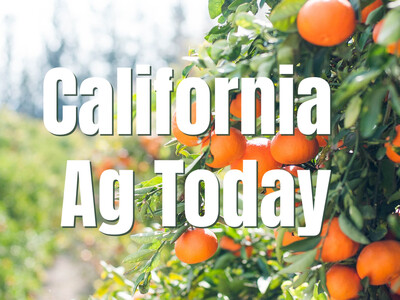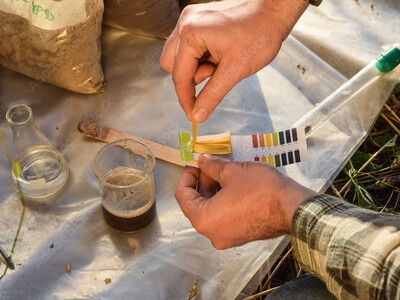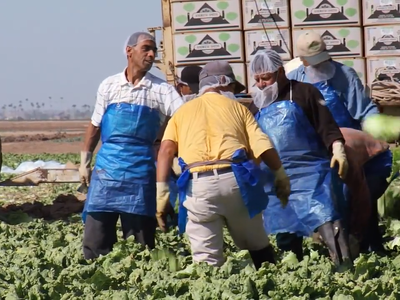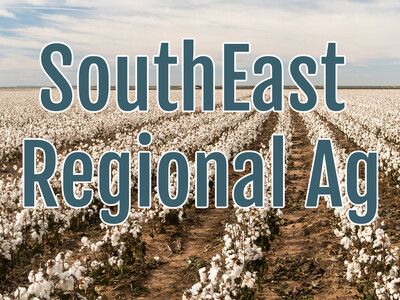Sugar policy
Executive Director - Snake River Sugarbeet Growers Association Samantha Parrot helps us better understand the federal sugar policy along with all the politics and international strategies.We don't produce enough sugar to meet the consumption in the United States. So between beet sugar and cane sugar, we produce just over 70% of our needs. So we actually import 30% of our sugar into the country, primarily from Mexico, but from other countries as well. I think we have about 40 countries that have market access. So sugar is an extremely political crop. So we rely on the farm bill because within the farm bill is sugar policy. So we are a title one commodity. And basically what sugar policy does. And I mentioned earlier that, uh, you know, the price of sugar for our farmers is always pretty stable. That is because of sugar policy.
So how that policy works is it authorizes the USDA to lend money to our sugar beet cooperatives through the Commodity Credit Corporation, the CCC. So the government loans money to Amalgamated Sugar, and then the grower delivers their sugar beets to the piling ground. And then the company is able to use that loan to pay the grower right away for their crop. Because keep in mind, it's just a beet at this point. But the farmer needs to be paid. And then the co-op turns that sugar beet into sugar. And then they market and sell it. And then once they get the money from the sell of the sugar, they pay off their loan with interest. So this program is designed to operate at zero cost to taxpayers because it is loans from the government. But we pay that back with interest. And then at the same time, USDA is always monitoring how much sugar is in the country because we always need to be importing sugar. Speaker1: And so they want to make sure that we have a really stable supply of sugar. They don't want to have huge imports of sugar coming in. Um, you know, that would flood the market and drop the price. And so USDA does a great job of really finding that balance and really protecting our domestic industry and making sure that we have the opportunity, you know, to sell our sugar. Before that, um, foreign sugar comes in. And so, you know, folks that don't love this policy, I think kind of our opponents say that, you know, it'd be way cheaper to get sugar just on the world market. And the world price of sugar has always been distorted. And that's because countries like Brazil and India and Thailand, they are the kind of the big sugar producers. Their governments heavily subsidize their sugar producers. And so if they had just, you know, total access to our market, they could flood our market with sugar. That's, you know, the price doesn't even, um, it's not even their cost of production. And so we're, we're, you know, our, our us farmers can't compete with foreign treasuries. And so that's really why this policy came to be. And like we talked about sugar is just such an essential ingredient. It's so important that we protect our domestic supply. And again you know I always go back to food security is national security. We need to have policies in place to protect the American farmer, because we've got to be able to produce our own food.













